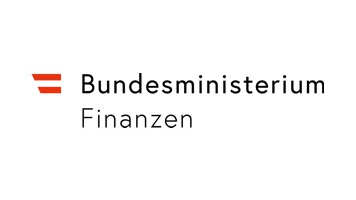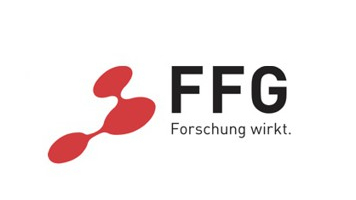Fundamentals of Kybernet-Pass
The Austrian cybersecurity research funding program Kybernet-Pass (K-PASS) supports (primarily) Austrian companies and research institutions in developing new technologies and acquiring the knowledge necessary to increase Austria's digital security and generate added value.
The aim is to produce market-oriented research results on digital security for security users (end users such as the police, fire department, RTR, municipalities, but also security-relevant companies such as A1, Verbund, and Vienna Airport).
The Program
Kybernet-Pass marks the first time that a research funding instrument, designed entirely for cybersecurity, has been established in Austria. By integrating K-PASS into the “Safety Pin,” together with the defense research program FORTE and the civil security research program KIRAS, a dedicated platform is created for “digital security”, a field that has been exposed to rapid growth in recent years. K-PASS addresses national needs and enables its stakeholders (end user community, research institutions, industry, etc.) to participate effectively in digital security research at the EU level.
Background and necessity
Digitalization is a lasting trend and a cornerstone of modern, competitive societies. This leads to rapidly increasing security challenges, both in underlying infrastructures (e.g., broadband expansion, 5G networks, AI networks = the "structural dilemma" of digitalization) and in applications (e.g., cyberattacks, cybercrime, radicalization, data protection, misinformation = the "application dilemma" of digitalization). The demand for digital security research is growing so rapidly that it can no longer be adequately covered by the civil security research program KIRAS without displacing other highly relevant security research topics, such as disaster management, security of supply, or the protection of critical infrastructures. Germany recognized this in 2021 and established a dedicated digital funding program, "Digital. Secure. Sovereign.," with a budget of €350 million until 2026, in addition to its national civilian security research program "Research for Civilian Security."
Legal Basis
Administrative agreement signed on December 22, 2022, between the Federal Chancellery of Austria (as the coordinating ministry for cybersecurity and the National Security Council) and the Federal Ministry of Finance (BMF) (as the ministry responsible for security research).
Programme responsibility and Programme management
The programme responsibility for the Austrian Cybersecurity Research Funding Programme Kybernet-Pass lies with the Federal Ministry of Finance (BMF). The BMF assigned the programme management to the Austrian Research Promotion Agency (FFG).
TRL, Funding Intensity, and Research Duration
Kybernet-Pass will fund research projects (average duration of 2 years) up to Technology Readiness Level (TRL) 6, similar to KIRAS and FORTE. Various FFG funding instruments will be applied in the calls for proposals, including those with funding rates of up to 85% (exception: R&D-Support Actions with 100% funding).
Integration into the BMF Safety Pin
By incorporating K-PASS into the "Safety Pin," all federal security policy research funding is centralized within one ministry to maximize efficiency and to minimize administrative costs.


